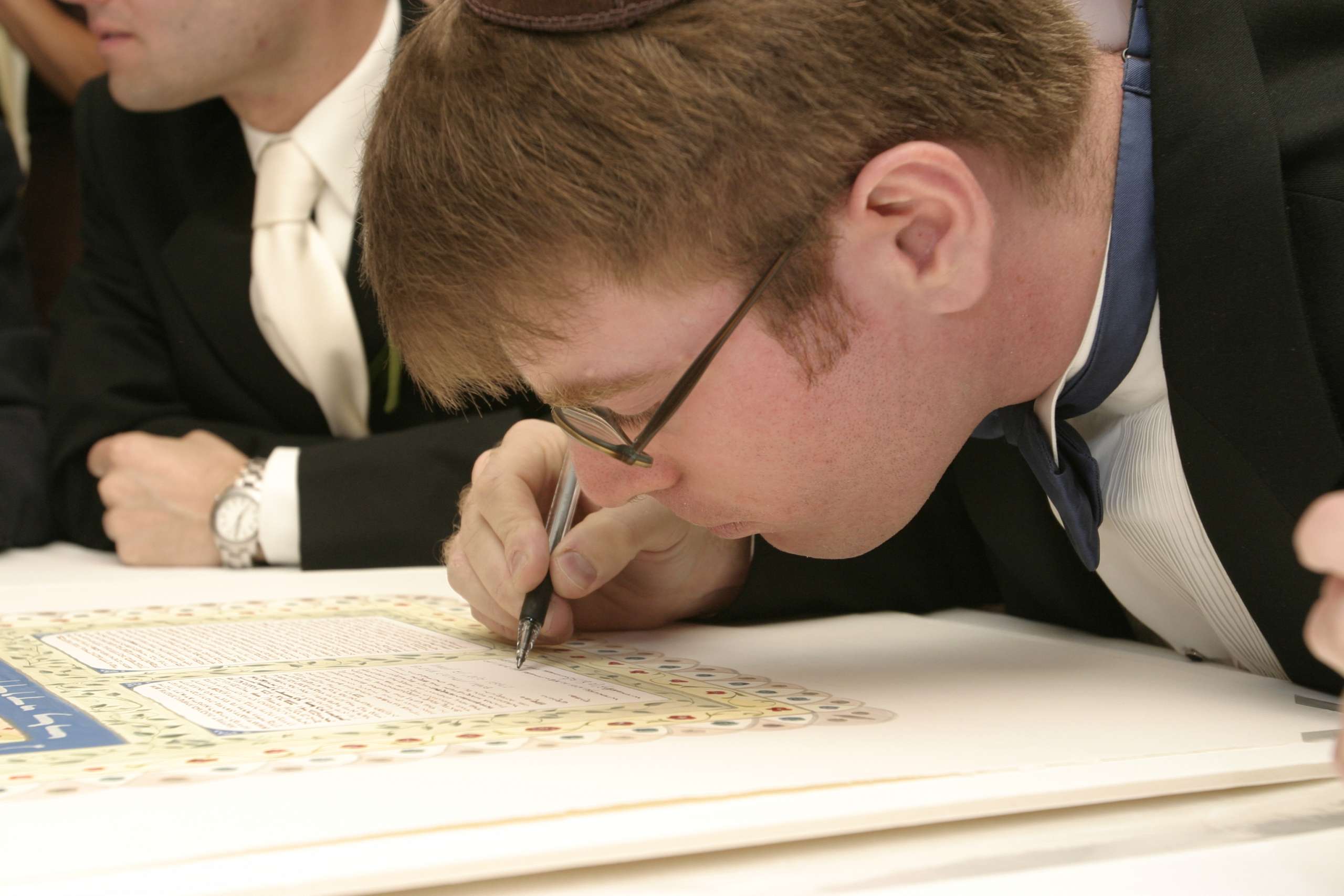As many people in the Greater Phoenix Jewish community know, Valley Beit Midrash is committed to fostering a pluralistic intellectual culture of Jewish learning with our every endeavor. Whether it is through our regular learning series, spiritual retreats, or young professional and young family programming (such as the Start Me Up! and YATOM Family Fellowships), every aspect of our organization is dedicated to celebrating the many ideas and visions for a rounded contemporary Jewish life.
What might not be as well known to the broader community is that Valley Beit Midrash’s commitment to the ideal of Jewish experiential education is not confined to local social halls, libraries and boardrooms. Indeed, we feel — as we have always felt — that the pursuit of Jewish wisdom has to go beyond physical spaces and be made tangible for all to enjoy. But what does this mean in practice? There are many methods to disseminate knowledge, but for us, one of the most impactful and immediate means to ascertain a diverse set of views on Jewish wisdom is through the publication of a thought journal. We are proud that we have produced our own thought journal, KOLOT: Celebrating the Plurality of Jewish Voices (with the second volume released earlier this year and the third volume just released last month), as a regular component of a rapidly growing milieu of Jewish pedagogy.
Thought journals play a vital role in community discourse. In another significant way, they bring people together and stir conversation. It is not that everyone has to agree with the content published in a thought journal. One of Judaism’s finest qualities is its allowance for genial push and pull, for spirited debate (in Talmudic terms, this is called pilpul or machloket l’shem shamayim), and for finding gaps in knowledge so that one may grow with new and/or radical ideas. As the editors of a thought journal, the task of sorting what is included and what is not is an arduous privilege: Which voices deserve to be heard? Which should be prioritized? And with KOLOT, there isn’t exactly a rubric that we have to follow to publish the content we feel is most appropriate for the community. Therefore, there is wide discretion to seek out pieces and thinkers who best encapsulate the ideas and concepts that we want to release to the world. It is a worthy challenge for all who seek to make their community a more vibrant hub for engagement.
One of the most exciting aspects of creating a thought journal is its grassroots ethos and democratic spirit. Anyone with a meritorious idea can contribute and everyone benefits from expanded knowledge. While Valley Beit Midrash’s proclivities in this field are already established, we hope to inspire others to think beyond the routine and reach a conclusion they might not have considered previously. This is an exciting journey. JN
Rabbi Dr. Shmuly Yanklowitz is the president and dean of Valley Beit Midrash (VBM). AJ Frost is operations director for VBM. KOLOT: Celebrating the Plurality of Jewish Voices Volumes I, II and III are available at VBM events.


























